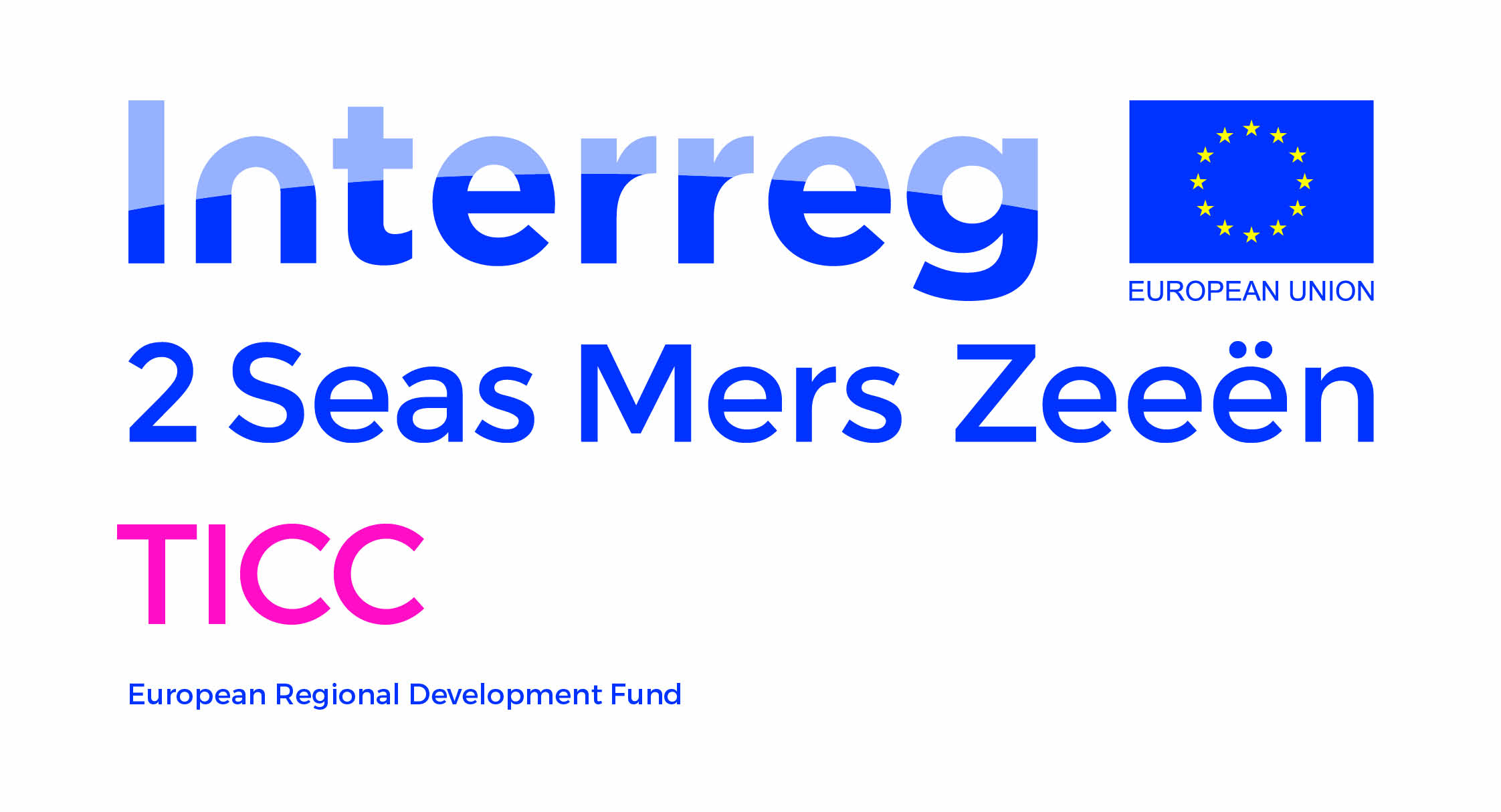TICC created systemic change in health & social care, providing services that are better suited to our ageing population by addressing their holistic needs. It presented a methodology to overcome blocking points in transferring socially innovative service models from one area to another. This was tested via the implementation of the Buurtzorg integrated care at home model which consists of self-managing teams of 12 staff working at neighbourhood level handling every aspect of care & business. This model significantly reduces the back office, simplifies IT & coaches rather than manages, providing better outcomes for people, lower costs, fewer unplanned hospital admissions & consistency of care. TICC enabled other health/social care organisations to implement new ideas; increase staff productivity, recruitment and retention as well as improving patient satisfaction & decreasing costs, emergency admissions and staff absences. It
aimed to postpone the moment when residential/end of life care is needed.



